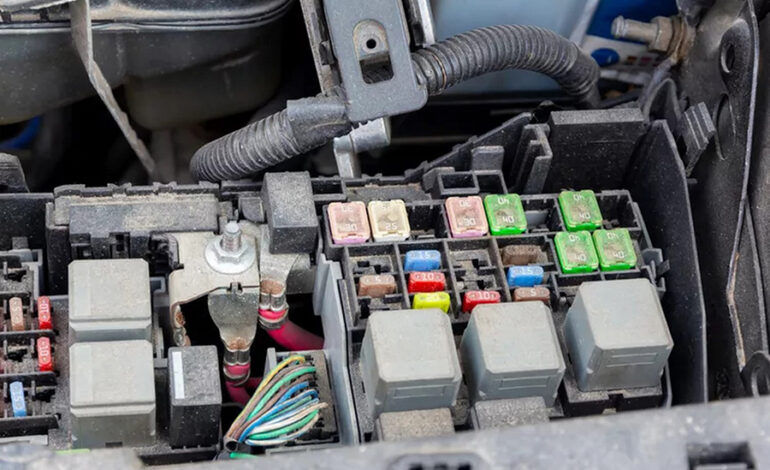Converting Your Gas-Powered Car to Electric

As the world transitions towards sustainable transportation, converting gas-powered cars to electric vehicles (EVs) has emerged as a viable option for environmentally-conscious consumers. This guide explores the process of EV conversion, its benefits, costs, suitable cars, available conversion kits, and frequently asked questions to help individuals make informed decisions about embracing electric mobility.
How Does EV Conversion Work?
EV conversion entails replacing the internal combustion engine, transmission, gas tank, and exhaust system of a gas-powered car with an electric motor, controller, and battery. This complex process involves mechanical and electrical expertise, making it essential for most individuals to hire conversion companies or utilize comprehensive conversion kits containing all necessary components.

Benefits of EV Conversion
Switching to an electric vehicle offers numerous benefits, including environmental sustainability, lower operating costs, and reduced maintenance requirements. EVs eliminate the need for gasoline, resulting in significant savings on fuel expenses and maintenance associated with internal combustion engines. Moreover, electric motors have fewer moving parts, enhancing reliability and longevity compared to traditional engines.
Cost of an EV Conversion
The cost of converting a gas-powered car to electric typically ranges from $6,000 to over $20,000, depending on the complexity of the retrofit and quality of components. While this initial investment may seem substantial, EV owners benefit from minimal operating expenses, with electric cars costing only a few cents per mile to run and requiring less maintenance over their lifespan.
Which Cars Can Be Converted?
Lightweight vehicles with manual transmissions, such as Volkswagen Rabbit, Honda Civic, Nissan Sentra, Ford Escort, or light pickup trucks, are ideal candidates for EV conversion. These vehicles offer sufficient space for accommodating batteries while maximizing the range and efficiency of the electric drivetrain.

EV Conversion Kits
Electric conversion kits are available in custom and universal variants, catering to specific vehicle models or adaptable to a variety of cars. Custom kits include all essential drive-system components and customized battery racks, while universal kits provide flexibility but require builders to create custom parts based on the vehicle’s specifications.
Frequently Asked Questions
- Cost of EV Conversion Kits: EV conversion kits typically start at $8,000, excluding battery costs, which range from $1,000 to $3,000. While this investment is considerable, it remains more affordable than hiring professional conversion services.
- Legality of EV Conversions: After-market EV conversions must comply with emissions and safety standards mandated by regulatory agencies. State-level regulations may also dictate additional requirements, including re-registration of converted vehicles with the Department of Motor Vehicles.
- Conversion Timeline: Converting a gas-powered car to an EV is a time-intensive process, often taking three months or longer for individual conversions and up to six months for professional conversion services.
In conclusion, EV conversion offers an environmentally-friendly and cost-effective alternative to traditional gas-powered vehicles, empowering consumers to embrace sustainable transportation solutions while reducing their carbon footprint and operating expenses.















